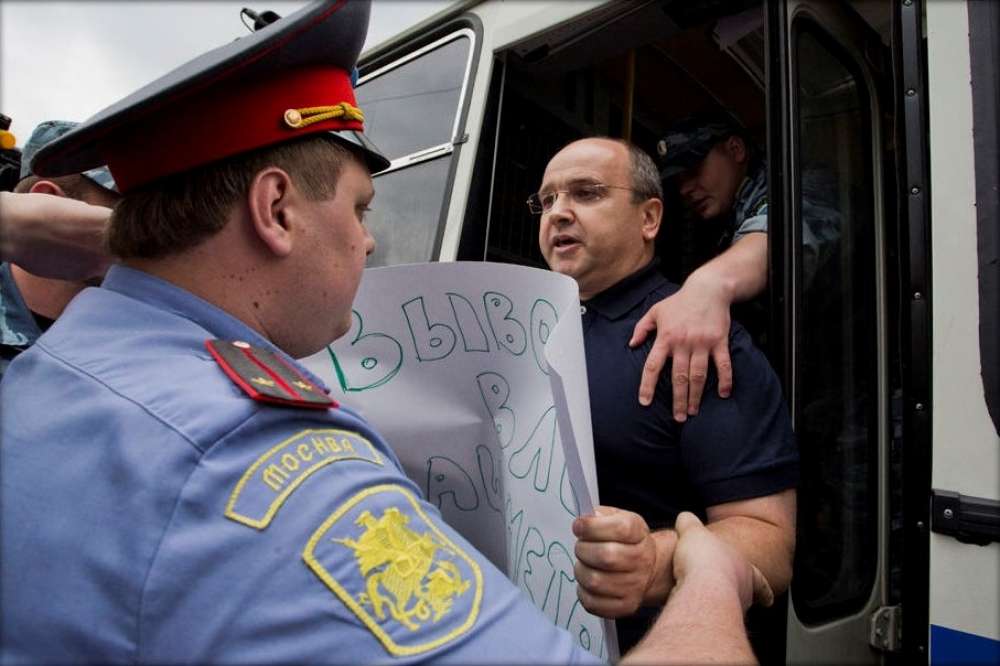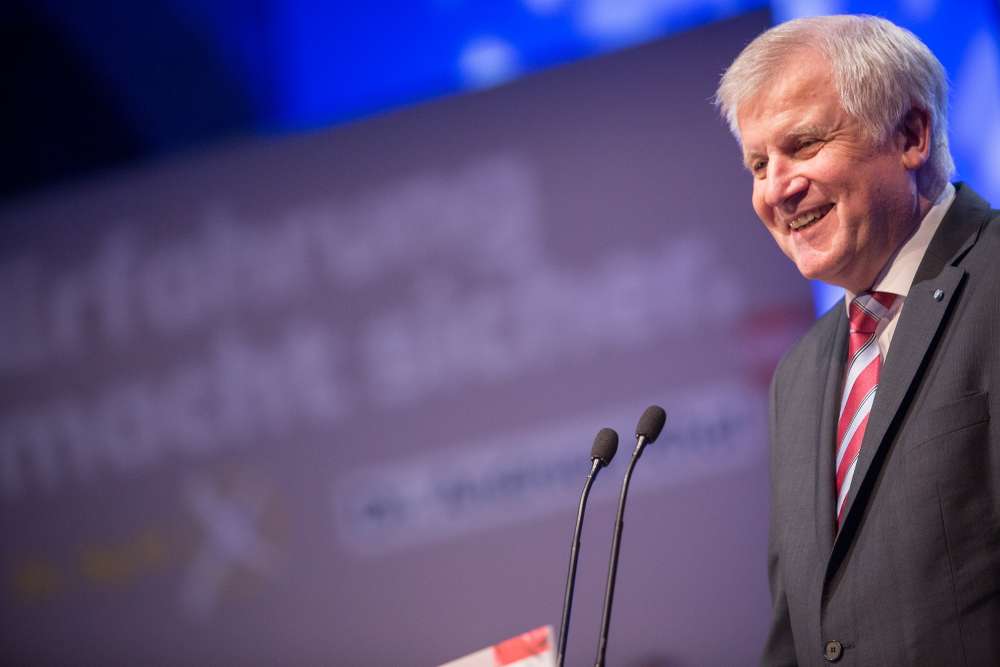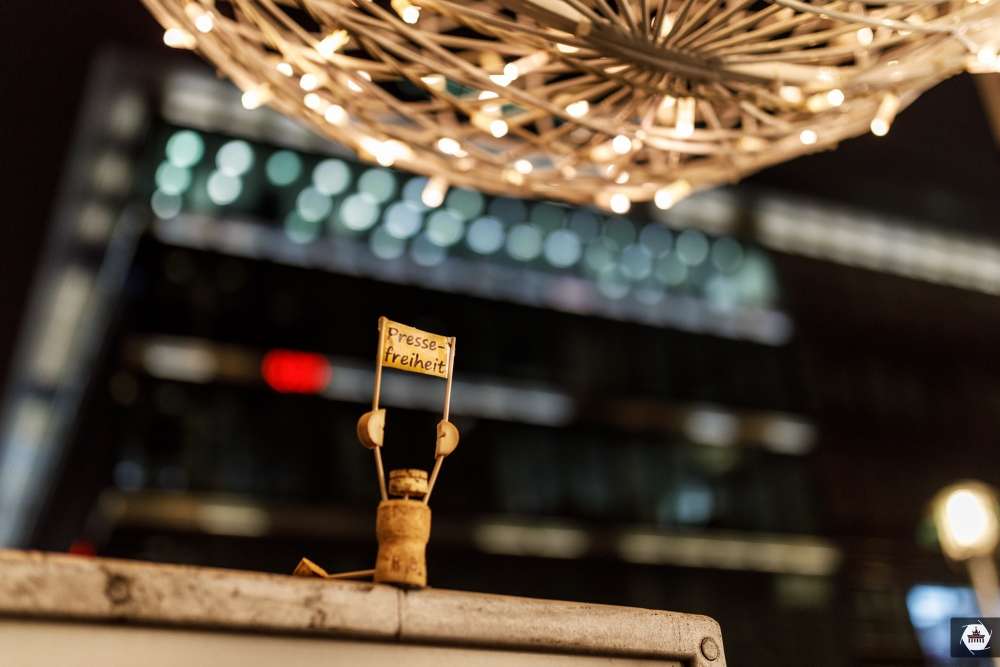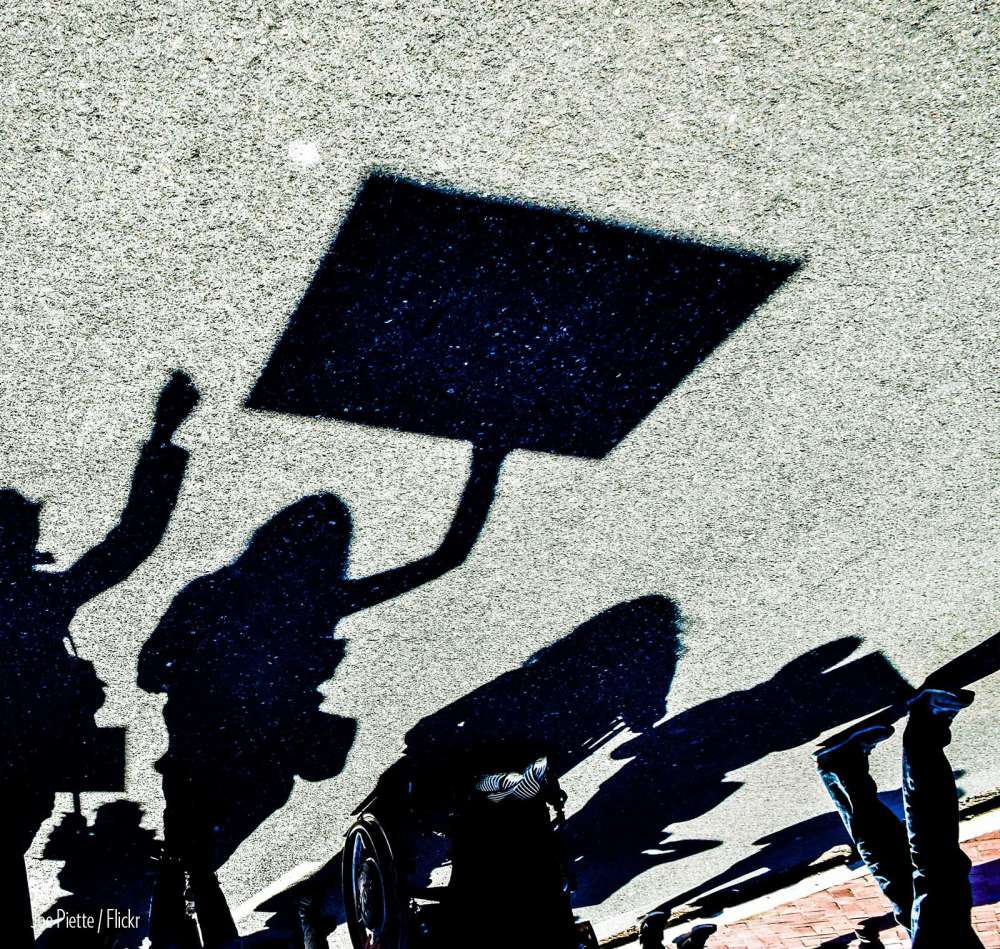In Cuba, Obama Should Not Accept Diplomatic Makeup
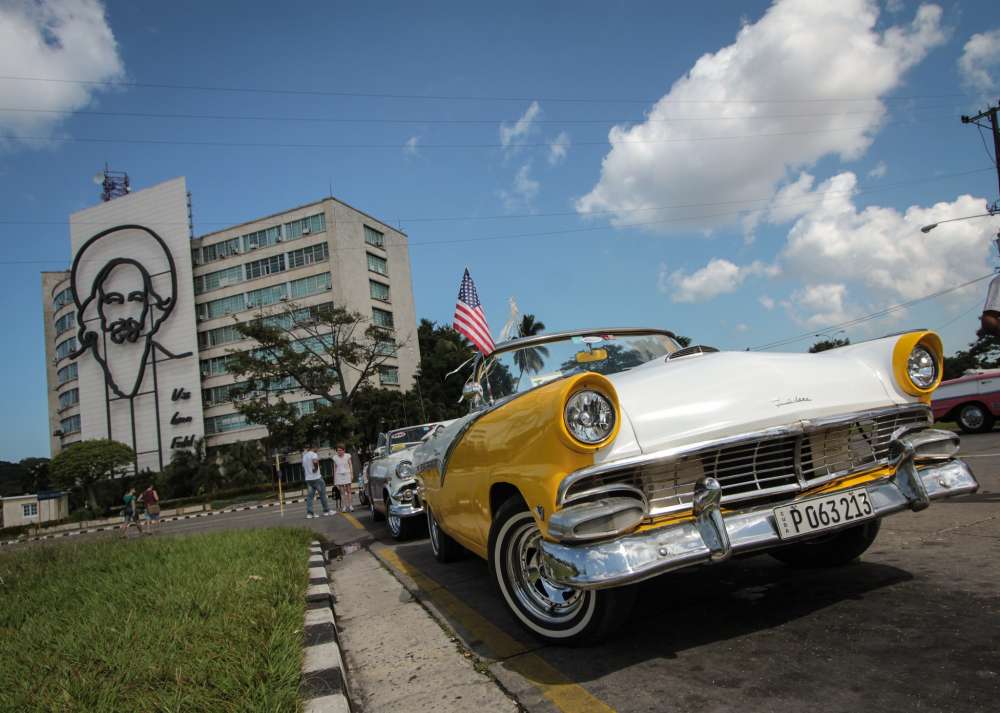
For the first time in 88 years, a sitting US president will visit Cuba next week. Last December, Barack Obama announced that he would only visit the island if human rights and fundamental freedoms had improved. It is therefore expedient that exactly one week before Obama’s visit, four political prisoners were released in Cuba and left for the United States. Is everything now ready for the red carpet to be rolled out in Havana, and for Obama to attend a baseball game with Raúl Castro? Has Castro fulfilled his human rights commitment?
Not quite. As it turns out, the four men released on March 15 had been discharged before, in 2015, as part of a prisoner exchange between the US and Cuba through which the archenemies sealed their desire to work towards a normalization of relations. Like several of the 53 political prisoners released, they were re-arrested shortly thereafter and now, yet again , serve as a symbol of human rights concessions by Raúl Castro.
Common practice in Cuban diplomatic relations, such prisoner releases do not lead to a sustained improvement in the living conditions of Cubans, an improvement that Obama has claimed, via Twitter, to want to achieve with his visit. Past concessions of this kind show that singular releases do not have far-reaching human rights impact, not least when dissidents are forced into exile or put on probation. The releases are cosmetic. Not only that, political prisoners are treated like bargaining chips. It is unfortunate that Obama has not enforced effective conditions, such as an end to political short-term arrests – 1,000 of which were counted since the beginning of 2016 alone – and has instead succumbed to hostage diplomacy once more.
Although his primary interest lies in securing a policy shift towards Cuba and the thawing relations between the two countries as the legacy of his second term, Obama must underline that any future rapprochement between the US and Cuba requires further commitment to and implementation of fundamental rights and freedoms for Cubans. This is also a domestic necessity for Obama, otherwise the backlash from large sections of the Cuban-exile community and the Republican camp, including presidential candidate Ted Cruz, will be too strong for him to keep up his Cuba policy.
A clear signal is also needed to avoid the visit turning into a legitimizing gesture for Raúl Castro. The Cuban regime has already argued in its state newspaper, Granma, that the visit shows that the Castro brothers have at no point violated the human rights of their citizens. Cuba has denied Obama a sit-down with leading oppositionists of his choice, only allowing him to meet with representatives of the so-called “gray” (i.e., tolerated) opposition.
Obama should not play along with this farce. He should follow the example of one of his predecessors, retired US President Jimmy Carter, who in 2002 visited the island and met with, among others, then opposition leader Oswaldo Payá. Payá had initiated a referendum – the so-called Varela Project – calling for amnesties for political prisoners, basic freedoms and free elections. The meeting gave Payá international media attention. But most important for the Cubans on the island was a speech by Carter, broadcast live in the Cuban media, in which he supported the Varela Project and demanded civil liberties. This appearance gave the human rights movement significant momentum.
Like Carter, Obama enjoys great popularity in Cuba. During my research trip to the island in 2015, T‑shirts with the portrait of Barack Obama were ubiquitous on the streets; small pennants with the US flag adorned the dashboards of vintage taxis. Obama should also show solidarity with human rights activists in a public speech, and outline concrete steps that will allow Cuba to work towards greater political freedoms without compromising its progressiveness in terms of economic, social and cultural rights.
At the same time, Obama must continue to urge the US Congress to lift the embargo on Cuba, as it too constitutes an impediment to human rights in the island country; it limits economic freedoms for Cubans and contributes to the dramatic economic situation that Cuba finds itself in, including poverty among many. In doing so, he can make it clear that a rapprochement of the two countries also means that the long-term justification for repression in Cuba – i.e., the imperialist US and its mercenaries must be fought – no longer applies.
But Obama should not ignore recent history. A year after the Cuban opposition had been strengthened by Carter’s visit, 75 opposition activists and supporters of the Varela Project were detained in the “Black Spring” in 2003 and sentenced to up-to-28 years in prison. Payá later died in a mysterious car accident. Addressing the Cuban people publicly and openly would only be the beginning of a new human rights diplomacy towards Cuba. This diplomacy must be based on the long-term, consistent demand for the adoption of and compliance with international and regional standards – above all, the ratification of the International Covenant on Civil and Political Rights (ICCPR). Access to UN Special Rapporteurs is also crucial. For decades, Cuba has been a proactive player at the UN when it came to criticizing other states. It now needs to respect the rules of the game when applied to itself.
…
This is an updated version of a commentary originally published by Frankfurter Rundschau on March 18, 2016.

